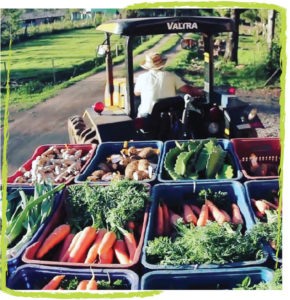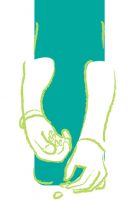
A contribution by Centro Ecológico
Centro Ecológico works to make sustainable advances in agricultural production feasible guided by philosophies of environmental preservation and social justice. Based in Rio Grande do Sul, Brazil with offices in Ipê/Serra and the North Coast.
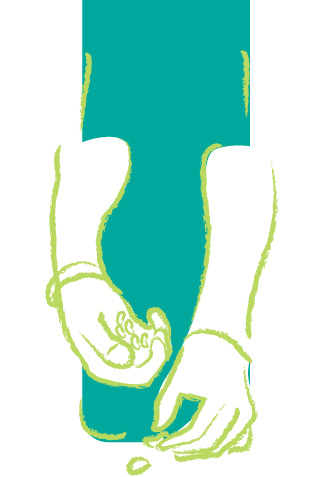
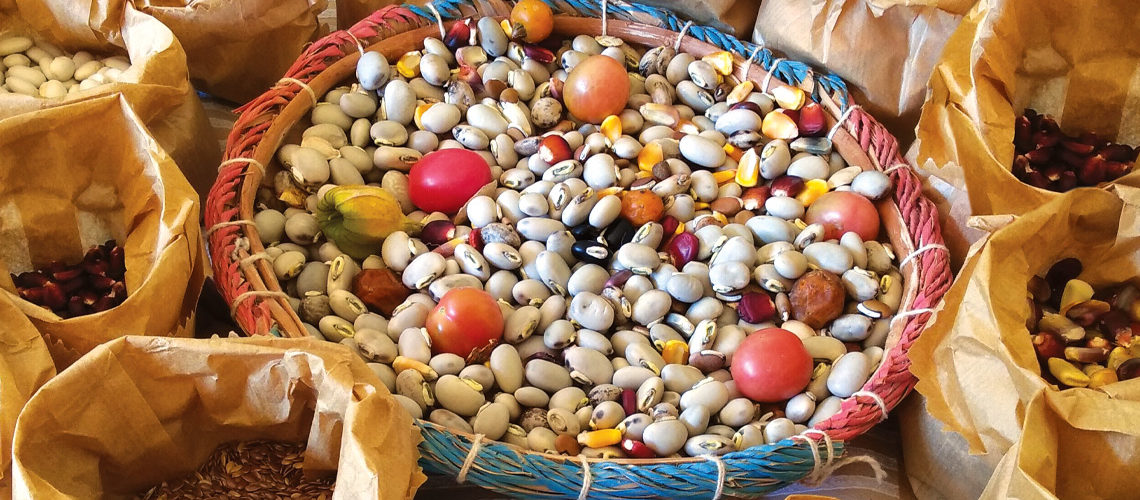
Knowledge and practice as sustainability levers
Centro Ecológico has worked with family farmers to support them in producing, processing and marketing organic food for more than three decades. In 1985, we initiated the Vacaria Project in Ipê to showcase the technical and economic feasibility of agroecological agriculture.
A 70-hectare rural property was transformed into a demonstration centre and the staff spent considerable time connecting with family farmers. Our mission was to demonstrate the feasibility of family farming while preserving natural ecosystems based on the need to defend life.
At this time Brazil was under a military dictatorship and experiencing the negative social and environmental consequences of the widespread adoption of the Green Revolution. Social unrest was growing aligned with the call for (re)democratisation.
The time was ripe for systemic changes. Pastoral Rural, an arm of the Catholic Church, was very vocal on these issues aligned with the philosophy of liberation theology. They raised awareness of the need to change to fairer systems contributing to interest in more sustainable and equitable farming and food systems. Our link with this movement was key to our initial success.
Both knowledge and demonstration of viability are needed to support shifts in behaviour. Without both, it is difficult for people to understand both the need for a transition and the ways in which to do it.

View our children’s books and pedagogical notebooks that provide methodological guidelines and activities in the classroom and at home.
Working in partnerships
The partnerships established over the decades have led to the formation of many Associations of Ecological Farmers (AAEs) able to find markets for their produce and artisanal products. In 1991, with the widespread adoption of agroecological farming techniques in the region, we turned our attention to supporting and monitoring the AAEs.
We have progressively through our activities and achievements contributed decisively to establishing agroecology as a concrete possibility for thousands of family farmers in Brazil and other Latin American countries. The structure of the AAEs – small community-led associations – is an important contribution to the consolidation of agroecological principles and practices.
The role of our organisation developed alongside the capacity of the farmers we support. By the late 1990s, we were able to move our focus beyond production techniques to broader aspects of agroecological farming – such as the enhancement of farm-level biodiversity and the social relations that dictate economic prosperity.
Our success is linked to the networks we have created and the movements with which we have aligned. Some notable collaborations include the Ecovida Agroecology Network, Future of the Earth/Framtidsjorden and the National Articulation of Agroecology. It would not have been possible to promote, establish and maintain ‘new’ ways of being without these strong relationships, particularly when opposed by vested corporate interests.
In the past two decades we deepened our focus on consumers as critical actors in sustainable food systems leading to the formation of consumer cooperatives.
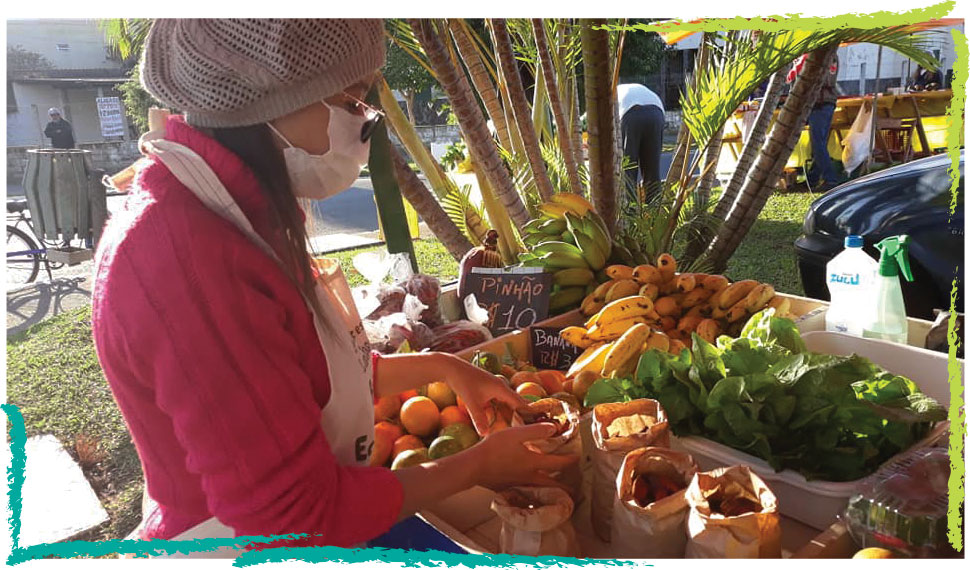
This work has contributed to other organisational missions of building solidarity through fair, transparent relationships between the different agents involved in food production and strengthening the autonomy of people to improve their own quality of life and that of their communities.
A highlight achievement has been the certification of organic products through participatory mechanisms, and we are a leading organisation in this field. Participatory guarantee systems are gaining traction around the world as a transparent way of gaining credible organic assurance of the production process and of the final product.
To support a sustainability transition, there is a need to combine scientific and popular knowledge and disseminate it in accessible mediums that not only provide the ‘why’ of change, but also the ‘how’ to change.
Iterative learning and adaptation
We are constantly learning and putting new-found knowledge and understanding into making our work more impactful in efforts to bring about a solidarity economy in Brazil and elsewhere. A solidarity economy comprises economic activities that put social outcomes over financial returns.
Given our understanding that both knowledge and practical demonstrations are needed to shift mindsets, we have turned our attention to reaching children through story playbooks.
The books provide both the information that they will need to become sustainable producers and consumers, and methodological-based activities that enable them to obtain critical thinking skills. The books support interdisciplinary learning – a critical skill, and address curricular needs such as reading, including comprehension skills, and mathematics.
Empowering women
Consumption and its effects are not gender neutral. There are different contributions and impacts in countries with large gender inequality gaps. Women’s unique experience in managing consumption of material goods and natural resources is under‑valued, and thus under-used in decision-making circles. There can be no sustainable development – and therefore sustainable production and consumption – until gender inequality has been addressed.
In Brazil, the Working Group of Women of the National Articulation of Agroecology adopted the motto “without feminism, there is no agroecology” to promote reflection and action to build fair, equal and balanced relationships among people and between them and nature. Women play a key role in ensuring household food security, hold valuable knowledge, perform many services and generate household income, yet this work is often ‘invisible’ and held in little regard.
The Ecovida Working Group on Gender works with rural and urban organisations on making women’s social and economic contribution more visible. This heightened awareness of their role deepens the debate on gender issues in the country, highlighting the need to act against the sexual division of labour and domestic violence. The Working Group has established partnerships with social movements, such as the Peasant Women Farmers organisation. It has also expanded the institutional articulation of issues inherent in rural development models by sensitising and influencing the public sector about gender disparities.
Our work continues to support the transition to sustainable production and consumption with family farmers, consumers and children with an emphasis on empowering women using a combination of awareness raising and education to emphasise the ‘why’ we need to change and practical tools to demonstrate the ‘how’ we can change.
